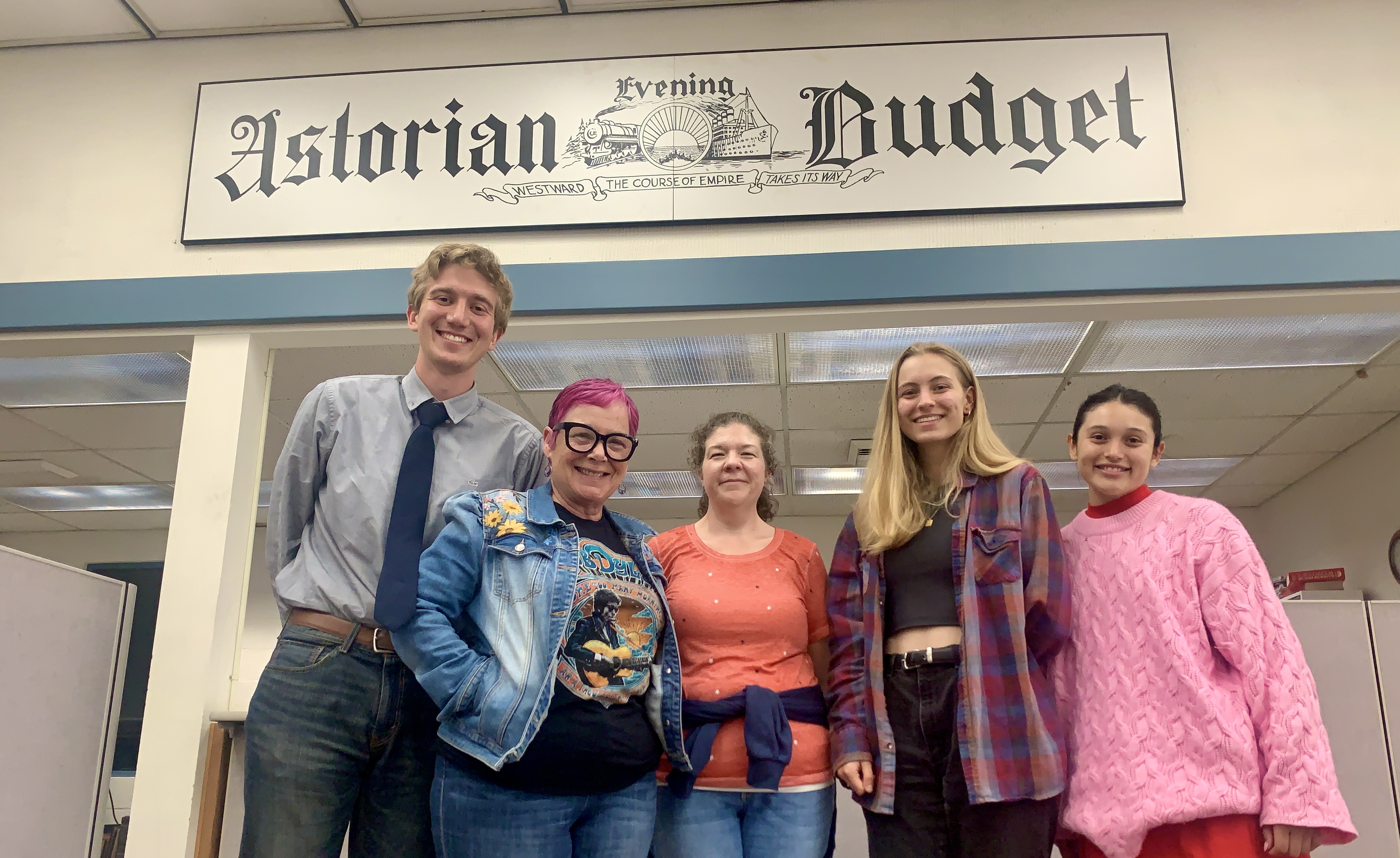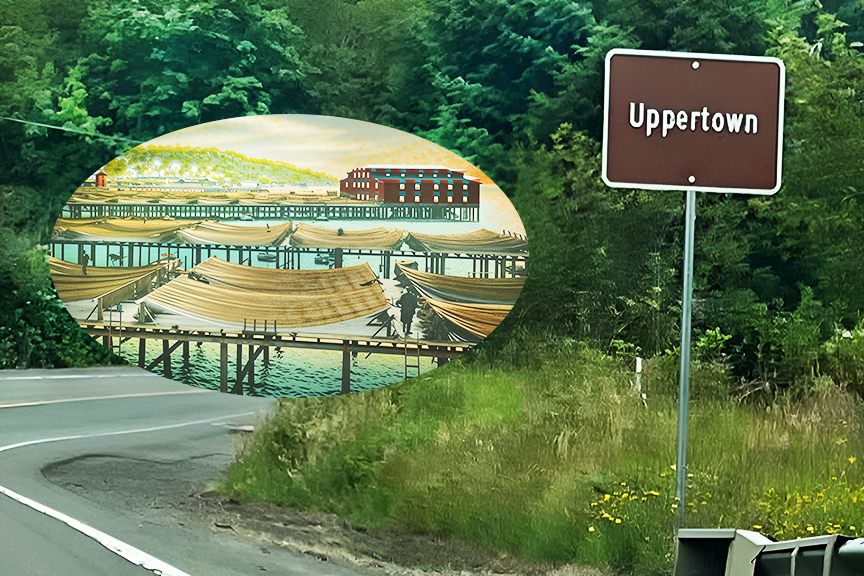Letter: Citizenship order unravels
Published 12:15 am Thursday, February 6, 2025
Most people agree that a nation must control its borders — but let’s be sensible. Donald Trump’s Jan. 20 executive order, “Protecting the Meaning and Value of American Citizenship,” seeks to end birthright citizenship for children born in the U.S. to noncitizen parents.
However well-intentioned, this order collapses under the weight of its own logic: How do you define a “noncitizen parent” or a “citizen parent” when citizenship itself depends on proving an ancestor’s legal status as a citizen? By this metric, almost no one in the United States qualifies as a citizen.
If citizenship is tied to ancestral legality, there’s no definitive starting point. The first European settlers were subjects of foreign powers, not U.S. citizens. Indigenous peoples existed before the concept of citizenship, and were denied it until the Indian Citizenship Act of 1924. Enslaved Africans were excluded until the 14th Amendment.
Even the founders themselves were “illegal occupants” of native lands with no legal framework making them citizens. At some point, every lineage traces back to people who arrived without “legal” status, making citizenship impossible to define if tied to an infinite chain of ancestral legality. The argument ultimately self-destructs, threatening to erase the legal status of virtually everyone in the country.
Efforts to undermine our constitutional definition of citizenship aren’t just legally flawed — they’re fundamentally at odds with the idea that citizenship is a shared and inclusive national identity. Attempts to impose an ancestral “citizenship test” ultimately expose their own contradictions and threaten to unravel society.
THOMAS DUNCAN
Astoria









